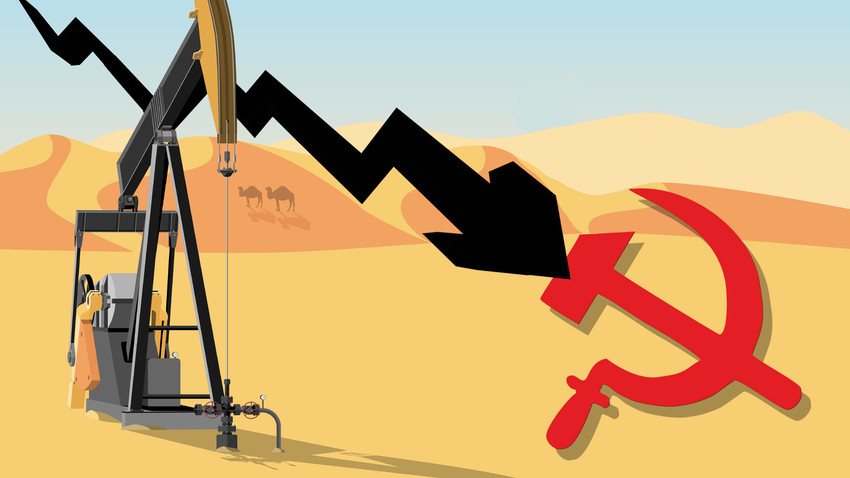Litwin
Platinum Member
BREAKING: Belarus pays 4 Dollars for Muscovite (stolen from Siberians) oil , "We will figure out it!" said Sovok (USSR ) in 1986 . Good price)) so new final Finish of juchi project is just matter of time
" Belarus to buy Russian oil from four dollars a barrel. Prime Minister Sergei Rumas told reporters today.


“We expect to receive two million tonnes of oil. As for the premiums, I can reiterate, as I said two weeks ago, that the supply of this Russian oil will be carried out without premiums, it is a tough setting for the President to buy oil. And the government is sticking to that. The result of this position is the price at which we will buy oil in April from Russian partners.

The price is four dollars a barrel, ”said Sergei Rumas.
Google Translate "
" Belarus to buy Russian oil from four dollars a barrel. Prime Minister Sergei Rumas told reporters today.


“We expect to receive two million tonnes of oil. As for the premiums, I can reiterate, as I said two weeks ago, that the supply of this Russian oil will be carried out without premiums, it is a tough setting for the President to buy oil. And the government is sticking to that. The result of this position is the price at which we will buy oil in April from Russian partners.
The price is four dollars a barrel, ”said Sergei Rumas.
Google Translate "
